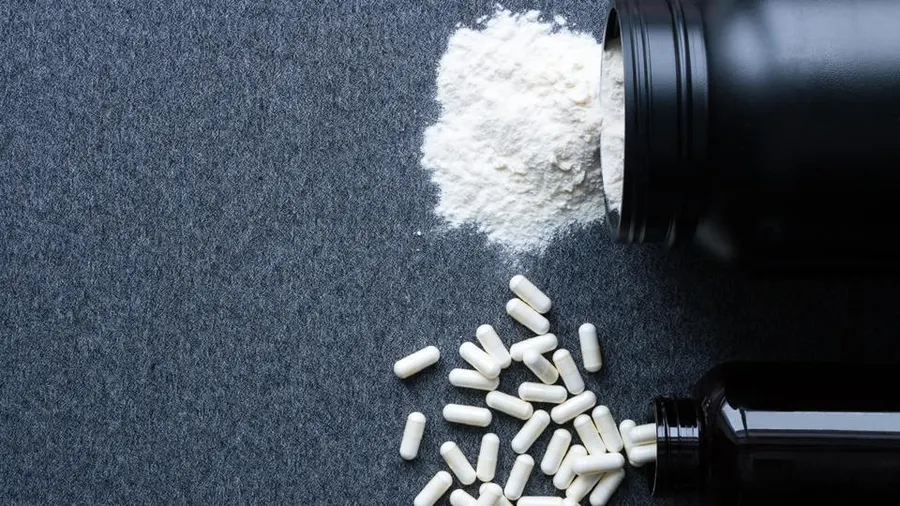The festive weeks have arrived, and if you’re someone who frequently suffers from hangovers, there’s a good chance you’ve been experimenting with various methods to alleviate some of the discomforts.
In this article, we’ll delve deeper into vitamins that may aid in normal metabolism and recovery. Before we delve into the details, it’s essential to note that there is limited research on the use of vitamins for hangovers. The available studies are small and preliminary. This article primarily focuses on vitamins with antioxidant properties and their involvement in the metabolism of the food and beverages we consume. It’s important to clarify that vitamins cannot prevent or “cure” hangovers.
Understanding the Causes of Hangovers
To comprehend whether vitamins could support recovery, it’s necessary to examine how excessive alcohol consumption leads to hangovers. Several factors contribute to hangover symptoms, including but not limited to:
Dehydration: Alcohol, acting as a diuretic, increases urine production by inhibiting the release of vasopressin, a crucial hormone for kidney-regulated water balance. Insufficient hydration while consuming alcohol can result in dehydration.
Poor Sleep Quality: Alcohol is known to diminish sleep quality by preventing the brain from entering deeper sleep stages, particularly REM sleep. Consequently, even with adequate sleep duration, one may not feel fully rested.
Inflammation: The breakdown of alcohol in the liver produces toxic by-products like acetaldehyde, which can accumulate to harmful levels when alcohol consumption exceeds limits. Acetaldehyde generates free radicals that initiate cellular inflammation.
In summary, hangovers result from a complex interplay of multiple detrimental factors, with the aforementioned points representing some of the primary contributors.
Exploring Beneficial Vitamins for Hangovers
Before delving into this section, it’s imperative to emphasize the limited research available on vitamins for hangovers. We aim to review the existing studies (as of the time of writing) and highlight their limitations. Most of the information below pertains to vitamins with general antioxidant properties and those involved in food and beverage metabolism. It’s crucial to reiterate that vitamins are not a panacea for preventing or curing hangovers.
Vitamin B Complex: B vitamins play a pivotal role in the body’s nutrient metabolism, particularly during periods of overindulgence.
Vitamin B1 (Thiamine): Essential for energy production, thiamine deficiency is common in chronic alcohol abuse.
B3 Vitamins (Nicotinamide or Niacin): A precursor to NAD, vital for nutrient metabolism. A study reported reduced hangover severity with a diet rich in vitamin B3 and Zinc.
Vitamin B6 (Pyridoxine): Necessary for amino acid, carbohydrate, and fat processing. High doses of B6 reduced hangover severity in a study, but they exceed daily intake requirements.
Vitamin B2 (Riboflavin): Crucial for metabolism and regeneration of antioxidants and other B vitamins.
In summary, these B vitamins are essential for liver function, and excessive alcohol consumption can increase the body’s demand for them.
Vitamin E: Primarily an antioxidant vitamin, vitamin E clears reactive oxygen species (free radicals). Deficiency is rare and mainly occurs in individuals with absorption issues. No studies have investigated Vitamin E’s role in liver function or alcohol hangovers.
Vitamin C: Commonly associated with the immune system, vitamin C also serves as a potent antioxidant. It works synergistically with Vitamin E to regenerate antioxidant function.
Vitamin B12: Unlike other B vitamins, the liver can store Vitamin B12 for several years. It plays a crucial role in the nervous system and red blood cells but does not contribute to hangover recovery or metabolism.
Do Vitamins Cure Hangovers?
In line with previous information, vitamins do not possess the capability to cure or prevent hangovers, nor do they shield the liver from alcohol’s detrimental effects.
Additional Considerations
Hangovers signal excessive alcohol consumption. While vitamins support normal metabolism and antioxidant pathways, they are not a miraculous solution. The most effective way to prevent hangovers is to drink within moderation, allowing your liver to process alcohol and its by-products without excessive damage.
Staying hydrated throughout the evening and having a meal before drinking can significantly reduce the severity of hangovers. Opting for lighter-colored beverages may also help, as they contain fewer congeners, compounds known to exacerbate hangovers.
In Conclusion
This concludes our exploration of the best vitamins for hangovers. We’ve discussed how alcohol affects the body and how certain vitamins assist in normal metabolism. Remember, supplements can complement your goals but should be part of an overall healthy lifestyle. No supplement can replace responsible alcohol consumption and ample rest.



